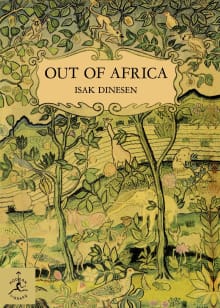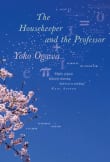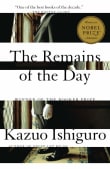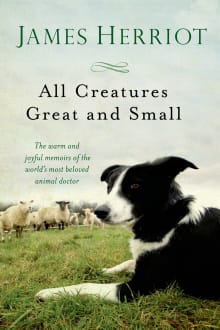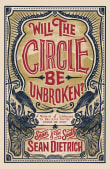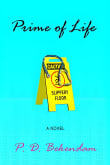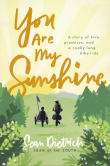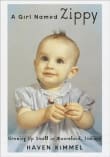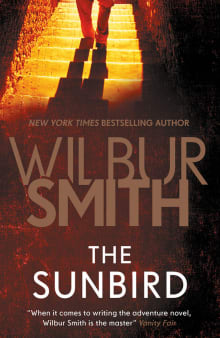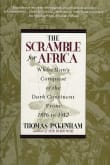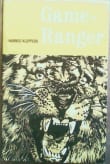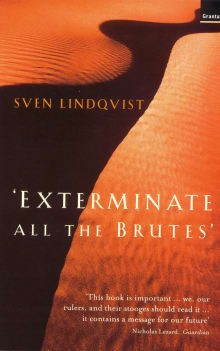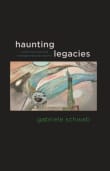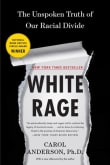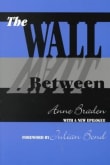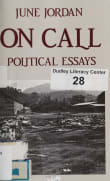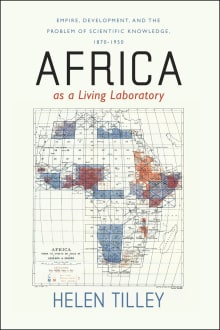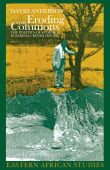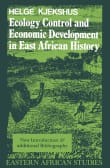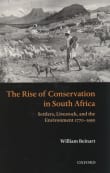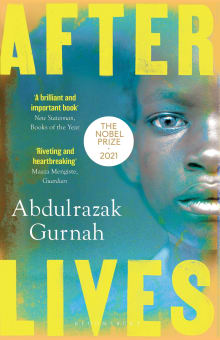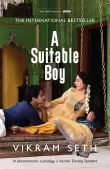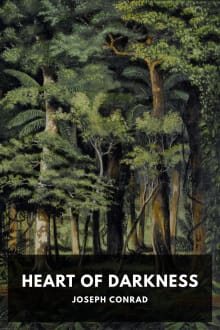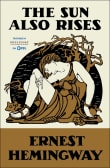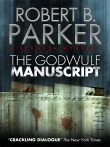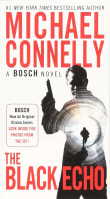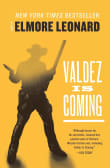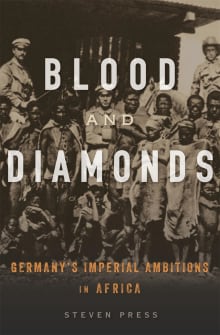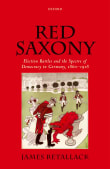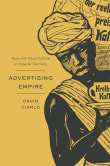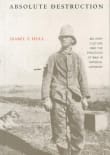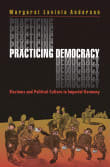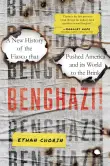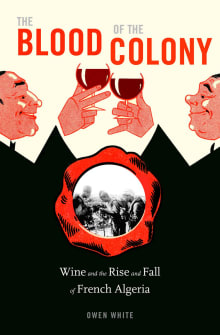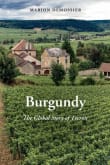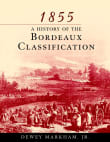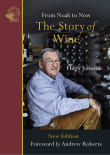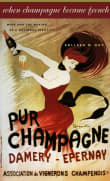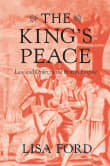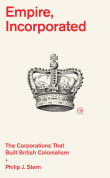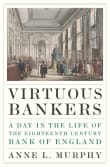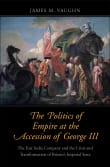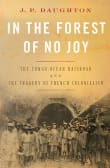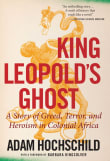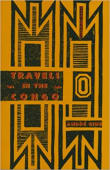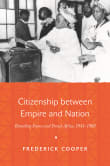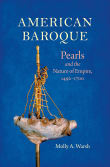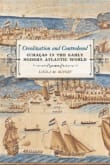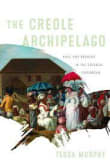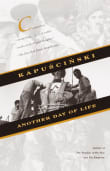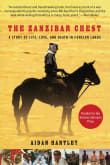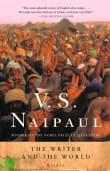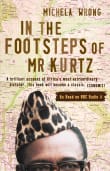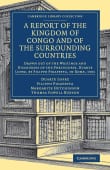Why am I passionate about this?
When I was in elementary school, I was poor at writing essays. My mother believed that reading could help to improve my school performance, and started collecting short stories suitable for me. Incidentally, my interest in reading and writing was fostered. I grew older and became passionate about books that led me to see new worlds, to experience lives unknown to me before, and to empathize with other people regardless of race. With hindsight, I realized that all the books I’d read had something in common–that is, love, with its profound meaning and influence on our forever imperfect world, is the eternal theme and always inspiring me.
Hasu's book list on love stories that go beyond romance and linger

Why did Hasu love this book?
The female protagonist gripped me from the start to the end of the story. It was not only because of her strength, intelligence, humorousness, and tenderness…but also because of her perspective on African culture and her evolving affection for the people and land there.
Through her company, I felt as if I’d gone on an unforgettable exotic journey and been spiritually enhanced.
8 authors picked Out of Africa as one of their favorite books, and they share why you should read it.
In 1914 Karen Blixen arrived in Kenya with her husband to run a coffee-farm. Drawn to the exquisite beauty of Africa, she spent her happiest years there until the plantation failed. A poignant farewell to her beloved farm, "Out of Africa" describes her friendships with the local people, her dedication for the landscape and wildlife, and great love for the adventurer Denys Finch-Hatton.
